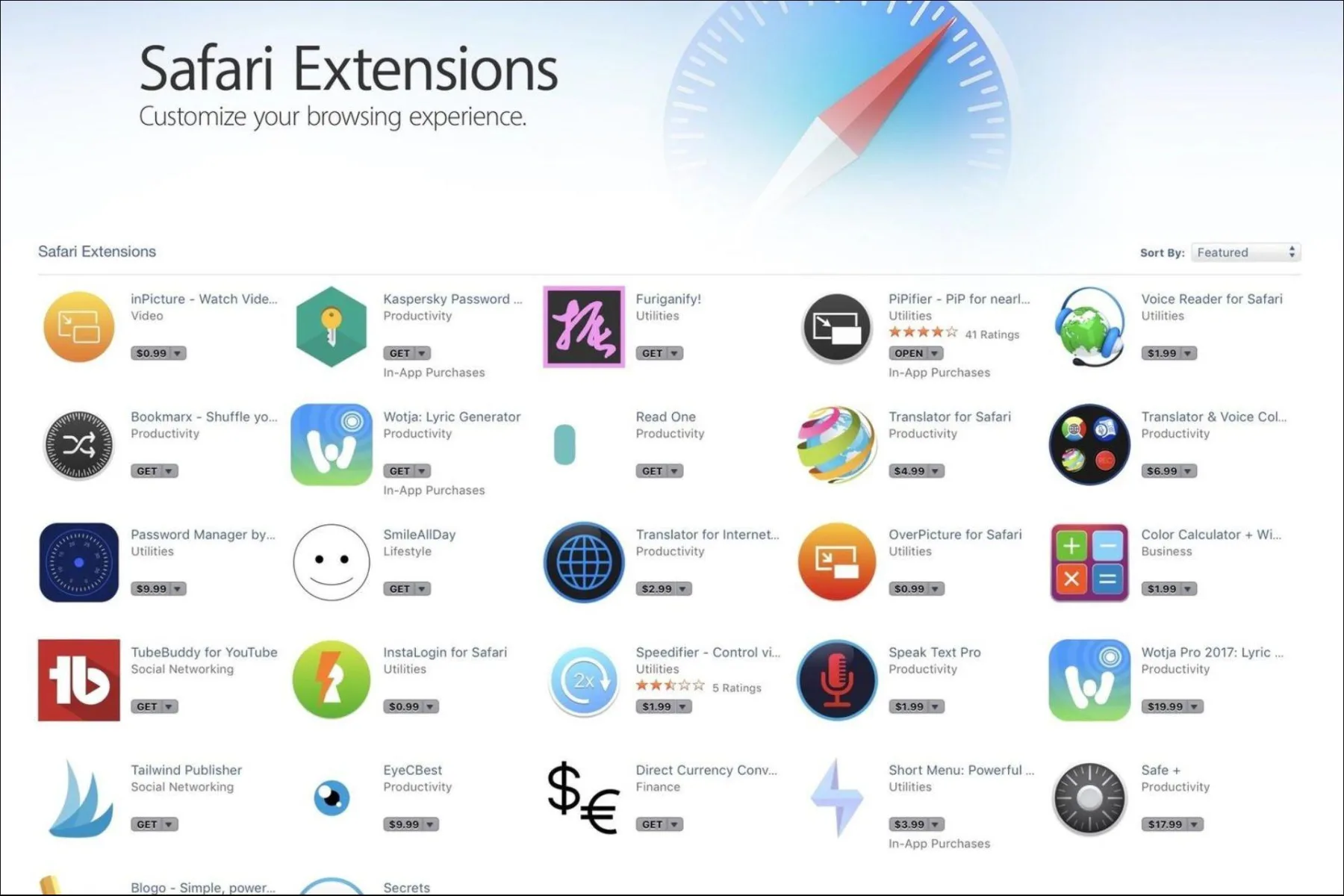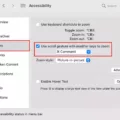Are you an avid Safari user? If so, you’ve probably heard of the new citation extension Safari that makes citing sources easier than ever before. This extension is a great tool for anyone who takes research and citations seriously, allowing you to quickly and easily cite any source in your browser.
The citation extension Safari alows users to automatically generate citations for webpages they visit while browsing the internet. It can be used on both Mac and Windows devices, making it accessible to a wide range of users. The extension works with multiple styles including APA, MLA, and Chicago/Turabian. You can also choose from a variety of output formats such as plain text, HTML, or XML.
Once installed, the citation extension Safari automatically creates bibliographic references for any webpage you visit while browsing in Safari. To use this tool, simply select the page you want to cite and click the “Cite” button at the top right hand corner of your screen. A pop-up window will appear containing your bibliographic reference in either plain text or HTML format. You can then copy the reference into whatever document or project you are working on.
The citation extension Safari is a great way for students, academics, and researchers to quickly and accurately generate citations for their work without having to manually input all of the information themselves. It makes citing sources much simpler and faster than before, saving valuable time that would otherwise be spent researching proper formatting guidelines or manually typing out bibliographic references.
If you’re looking for an easy way to cite sources while uing Safari, then look no further than the citation extension Safari! With its simple installation process and intuitive interface, this handy tool will make citing sources quick and painless.

Citing in Safari
When citing a source in Safari, it is important to use the appropriate citation style. In order to properly cite a source, you must include the author’s name, year of publication, title of the work, and publisher. For example, if you are citing Dan Kainen’s book “Safari” published in 2012 by Workman Publishing, your citation wuld look like this:
APA: Kainen, D. (2012). Safari. Workman Publishing.
Chicago: Kainen, Dan. 2012. Safari. New York, NY: Workman Publishing.
MLA: Kainen, Dan. Safari. Workman Publishing, 2012.
Citing on a Mac
Citing on a Mac is easy with the help of programs such as EndNote and Mendeley. Both of these programs allow you to store all your research material in a central library, which can be accessed and used to generate citations in different formats. With EndNote, you can create citations in popular styles such as APA, MLA, Chicago, and Harvard. To cite with EndNote on a Mac:
1. Open your EndNote library and locate the reference you wish to cite.
2. Click the ‘Cite’ button at the top of the library window.
3. Select the style for your citation from the drop-down menu or click ‘More Styles’ to view additional options.
4. Choose how you want the citation to be formatted (e.g., author name, year of publication).
5. Click ‘Insert Citation’ and your formatted citation will appear where you clicked earlier in your document (or wherever your cursor was when you clicked ‘Cite’).
6. Once inserted into your document, any changes made to the original reference in your library will automatically update in the citation wthin your document.
The Best Citation Manager for Mac
The best citation manager for Mac is Mendeley. It is a highly popular reference management tool that allows users to easily create bibliographies and citations, and collaborate with oher researchers. Mendeley can be used online or offline, and it offers a wide range of features specifically designed for Mac users. It also integrates with Microsoft Word, Google Docs, and Adobe Acrobat Pro to make citing sources fast and easy. Additionally, Mendeley offers advanced features like auto-formatting of references, automatic retrieval of metadata, and integration with PubMed to help streamline the research process. All of these features make Mendeley the ideal choice for Mac users who need an effective citation manager.
The Benefits of Using a Good Citation Tool
A good citation tool is one that can help you organize, store and manage your research sources. Zotero is a great choice for this purpose as it allows you to easily save snapshots of web pages, annotate them within your citation library and store the library locally on your computer. It also integrates with oter popular programs such as Microsoft Word, making it easy to cite sources while writing papers. Mendeley and EndNote are also popular citation tools which allow you to store and organize citations in an efficient way. Whichever program you choose, make sure it meets your needs and offers features that are useful for research and academic writing.
Conclusion
Citation Extension Safari is an extremely helpful tool for anyone who needs to cite sources accurately. It offers a range of styles, including APA, MLA, and Chicago/Turabian, making it easy to find the right style for any project. The intuitive search feature makes it simple to find the right citation quickly and accurately, while the EndNote library allows users to save their citations for later use. Citation Extension Safari is a must-have tool for anyone who needs to cite sources accurately and easily.













